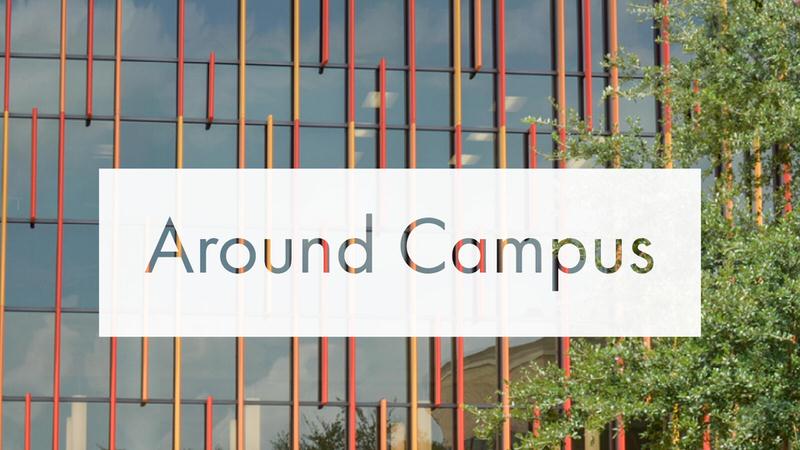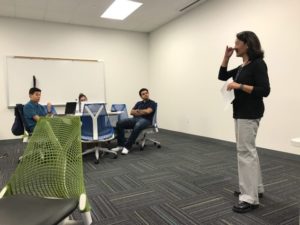Communicating Your Science to General Audience with Dr. Yew

 Communication is one of the most important skills to have, yet it is one that we don’t put much effort into. Effective communication is about clearly conveying a message to a target audience.
Communication is one of the most important skills to have, yet it is one that we don’t put much effort into. Effective communication is about clearly conveying a message to a target audience.
For scientists, science communication is part of everyday life.Therefore, science communication courses are offered at many universities such as Massachusetts Institute of Technology, Stanford University, and the University of California San Diego. Other scientific organizations such as the American Association for the Advancement of Science also developed workshops to help scientists effectively communicating science to a various audience.
Dr. Renee Yew is the discipline director for the Cell, Genetics, and Molecular Medicine (CGM) discipline of the Integrated Biomedical Sciences Program. Dr. Yew is not only a successful and talented scientist, but she is also invested in the success of her students. She is committed to provide the necessary guidance and help to students in their scientific journey and professional development, which are aligned with the core values and mission of Society for Advancement of Chicanos/Hispanics and Native Americans in Science (SACNAS). Recognizing the need for effective science communication, our SACNAS Chapter invited Dr. Renee Yew to lead our first science communication workshop.
Scientists must give talks, attend conferences, and write proposals and papers. However, like Dr. Yew had mentioned during the workshop, it is hard for scientists to communicate their work to experts in their fields and to the public. So why does communication matter?
It matters because when scientists effectively communicate, they are more likely to gain collaboration and secure funding.
“It is equally important to convince experts in the fields about your research as disseminating your findings to non-scientists,” Dr. Yew said.
 After explaining the importance of science communication and providing tips on how to formulate our complicated stories to target different audiences, Dr. Yew divided the students into groups. We were handed a worksheet to summarize and sieve out key words about our research. Then, we communicated this simplified story of our research to the group and discussed ways to make the story easy and enjoyable for different audiences.
After explaining the importance of science communication and providing tips on how to formulate our complicated stories to target different audiences, Dr. Yew divided the students into groups. We were handed a worksheet to summarize and sieve out key words about our research. Then, we communicated this simplified story of our research to the group and discussed ways to make the story easy and enjoyable for different audiences.
Many of us who participated in this activity struggled to simplify our research. This makes us realize the importance of learning how to communicate our science. This workshop received many positive feedback from the participants, who requested for follow up workshops on the topic.
This event is the start of a series of professional development workshops hosted by our SACNAS Chapter to help our members as well as other students at UT Health San Antonio to obtain the necessary skills they need as they advance their scientific careers.
This article was written by Thu Duong, a graduate student in the Integrated Biomedical Sciences (IBMS) Graduate Program and Shaimar González Morales, a Ph.D. Candidate in the Cell Biology, Genetics and Molecular Medicine discipline of the Integrated Biomedical Sciences Ph.D. Program..
